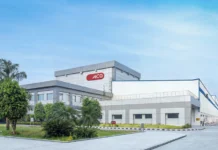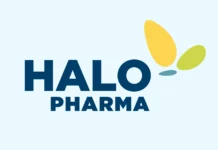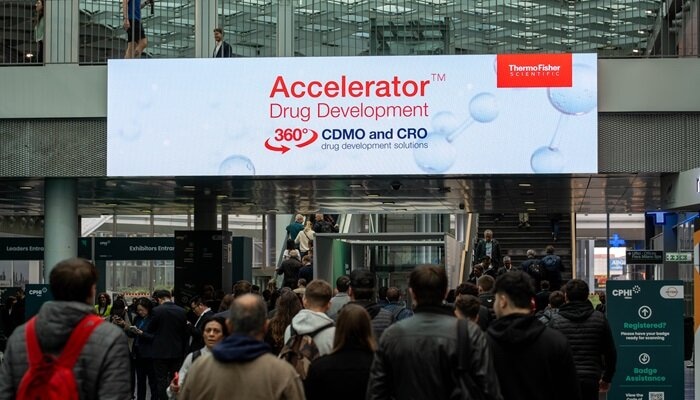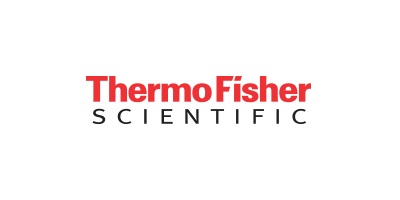In an industry marked by increasing complexity and high stakes, the shift toward a single, comprehensive outsourcing partner for both contract development and manufacturing organization (CDMO) and contract research organization (CRO) services offers biotech and pharma companies a transformative approach to drug development. While most companies already rely on outsourcing to navigate regulatory, logistical, and financial demands, the current landscape calls for an evolved and bespoke model—one that leverages all necessary capabilities into a unified partnership, driving operational efficiency and enabling strategic flexibility.
This new approach moves beyond traditional, multi-partner setups by reducing workflow fragmentation, fostering deeper alignment, and empowering companies to bring therapies to market with greater speed, cost-efficiency, and adaptability.
Meeting the challenges of a complex market
Clinical drug development requires careful management of unique challenges, underscoring the need for thoughtful, adaptable outsourcing strategies. Heightened competition and the need to extend patent exclusivity requires faster innovation and speed-to-market, while strict global regulations demand meticulous compliance and quality control. Supply chain disruptions, often influenced by geopolitical shifts and other uncertainties, add further layers of uncertainty. Internal business pressures, such as the need for resource optimization and cost control amid rising merger and acquisition (M&A) activity, compound these external challenges. With an increased need for agile Chemistry, Manufacturing, and Controls (CMC) capabilities, companies are turning to outsourcing to ease these burdens and to actively drive growth, innovation, and sustainability in drug development.
Understanding therapeutic-specific needs
One of the defining characteristics of modern drug development is the diversity of therapeutic modalities, each with unique challenges that require specialized support. For instance:
- Small molecule therapies face distinct pressures around intellectual property (IP) protection, cost management, and scalability. It is essential that CDMO/CRO solutions in this area focus on secure systems that safeguard IP, scalable manufacturing processes that can evolve with demand, and regulatory expertise to navigate complex approval pathways.
- Biologics come with the added intricacy of cold chain logistics, process complexity, and specialized quality control (QC) because of their susceptibility to variability. Here, CDMOs and CROs play a pivotal role by providing advanced facilities that accommodate cold storage requirements, rigorous QC systems to ensure Good Manufacturing Practices (GMP) compliance, and specialized capabilities to maintain the integrity of biologics throughout development.
- Cell and gene therapies (CGTs) pose unique challenges due to their highly personalized nature and the ongoing evolution of regulatory frameworks. Scalable, flexible platforms are essential to support patient-specific logistics, while specialized regulatory guidance ensures compliance in a rapidly changing landscape. Autologous therapies, for example, rely on complex logistics for individualized treatments, necessitating a CDMO partner adept at handling the specific demands of CGT production and distribution.
By addressing these distinct challenges, CDMOs and CROs not only facilitate development but also empower companies to capitalize on opportunities within specialized markets.
The pitfalls of fragmented outsourcing
Outsourcing has traditionally involved working with multiple vendors across various stages of drug development. However, managing multiple vendors can introduce significant operational risks and complexities. Each additional handoff between partners increases the likelihood of communication breakdowns, process inefficiencies, and costly delays. Fragmented workflows can complicate project management, drive up costs, and stretch timelines—hindering a company’s ability to deliver timely, high-quality therapies to patients.
Working with a single, comprehensive outsourcing partner can mitigate these risks by offering full support across research and development (R&D), manufacturing, and clinical trial phases. This approach reduces the number of transitions, creates a unified workflow, and eliminates the silos that frequently exist in multi-partner setups.
For example, at Thermo Fisher Scientific, our Accelerator™ Drug Development program provides a cohesive service model that streamlines processes, reduces redundancies, and ensures alignment across teams. Preliminary findings from new research out of the Tufts Center for the Study of Drug Development in Boston, Mass., has shown that this approach can accelerate trial starts by up to 12 months and save more than $1 million in development costs. These outcomes underscore the tangible value of a seamless partnership model in overcoming the inherent challenges of drug development, providing a strong foundation for companies facing the unpredictable dynamics of the market.
Accelerating development through agility and flexibility
Agility and flexibility have become essential in today’s rapidly evolving market. For a CDMO or CRO to deliver genuine value, it must demonstrate an ability to adapt quickly to changing demands, regulatory updates, and unforeseen challenges. For this reason, CDMO/CRO partnerships should prioritize flexible solutions that adjust to customer needs, from scaling production capacity to navigating complex regulatory requirements. These solutions allow companies to pivot without compromising quality or adding prohibitive costs.
For example, through the Accelerator™ Drug Development model, one of our biotech customers was able to accelerate site activation by 13 days across a 450-site global program, by centralizing governance, utilizing digital dashboards, and streamlining decision-making—a testament to the importance of integrated project management. Another customer saw a five-week reduction in the release timeline of investigational products for a 170-site global trial, highlighting the agility of centralized and flexible systems in meeting global needs efficiently. These examples underscore how a capable CDMO/CRO partnership enables faster responses to dynamic industry demands, helping to maintain timelines and optimize resources even under challenging conditions.
Reducing risk and streamlining development
With heightened scrutiny on timelines, costs, and compliance, working with a single partner that can bring the full scope of development, manufacturing, research, and clinical supply capabilities and expertise to the table represents a strategic advantage. These relationships go beyond traditional outsourcing by offering comprehensive solutions that adapt to each stage of the development lifecycle. Rather than focusing exclusively on individual phases, a single-source partner delivers a cohesive experience that aligns R&D, manufacturing, and clinical operations, reducing the typical inefficiencies and risks associated with multiple-vendor models.
With Accelerator™ Drug Development, for example, access to the complete spectrum of critical services—from a decentralized and global network to regulatory strategy, process optimization and program management—enables companies to streamline their development journey within a supportive and integrated framework. This complete solution enhances operational efficiency and mitigates risk, allowing companies to focus on their mission of delivering innovative therapies to patients while also enabling extended patent lifespan.
Tailoring solutions to the complexities of diverse therapeutic areas
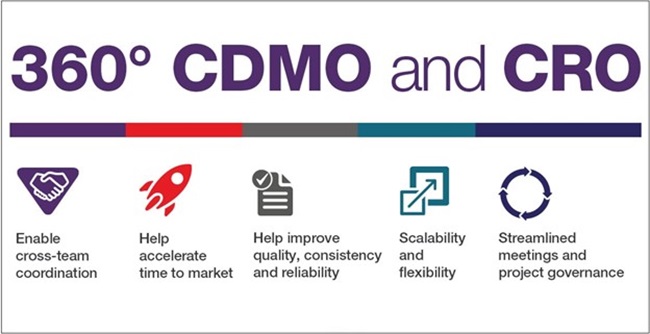
As noted above, each therapeutic area—small molecules, biologics, and CGTs—presents a unique set of challenges that a comprehensive CDMO/CRO partner must address with flexible, adaptable solutions.
In small molecule production, priorities include scalability, IP protection, and navigating complex regulatory requirements. Biologics, with their intricate production processes, demand rigorous quality control and specialized logistics for cold chain management to maintain product integrity. CGTs add further layers of complexity with their patient-specific logistics and a rapidly evolving regulatory landscape.
A strong, adaptable partnership helps ensure that each of these distinct needs is met through tailored solutions that support both immediate goals and long-term scalability, offering efficiency and strategic alignment across the board.
Embracing collaborative, value-driven partnerships
As the pharma and biotech industries continue to evolve, the role of CDMOs and CROs will continue to be key to drug development success. The future of clinical development of new therapeutics hinges on the ability to collaborate effectively, combining deep industry knowledge with innovative solutions that adapt to market and regulatory demands. A well-chosen partner enhances a company’s operational capabilities and acts as a strategic ally, helping to navigate the challenges of drug development with resilience, agility, and vision.
Accelerator™ Drug Development embodies this approach by providing a 360-degree suite of CDMO and CRO services across R&D, manufacturing, and clinical support. By design, the comprehensive framework addresses each stage of drug development, helping customers meet accelerated timelines and optimize outcomes. This model reflects a broader evolution in how strategic CDMO and CRO partnerships are reshaping drug development.
The value of strategic CDMO and CRO partnerships extends far beyond simple and tactical outsourcing. These partnerships offer essential support in navigating a complex industry, from addressing regulatory challenges and streamlining operations to accelerating innovation and reducing risk. As the industry continues to face heightened expectations and complex market demands, embracing new partnership models will become a strategic imperative and competitive differentiator. Collaborative partnerships with trusted CDMOs and CROs will ultimately be critical to long-term success and advancing patient care.



